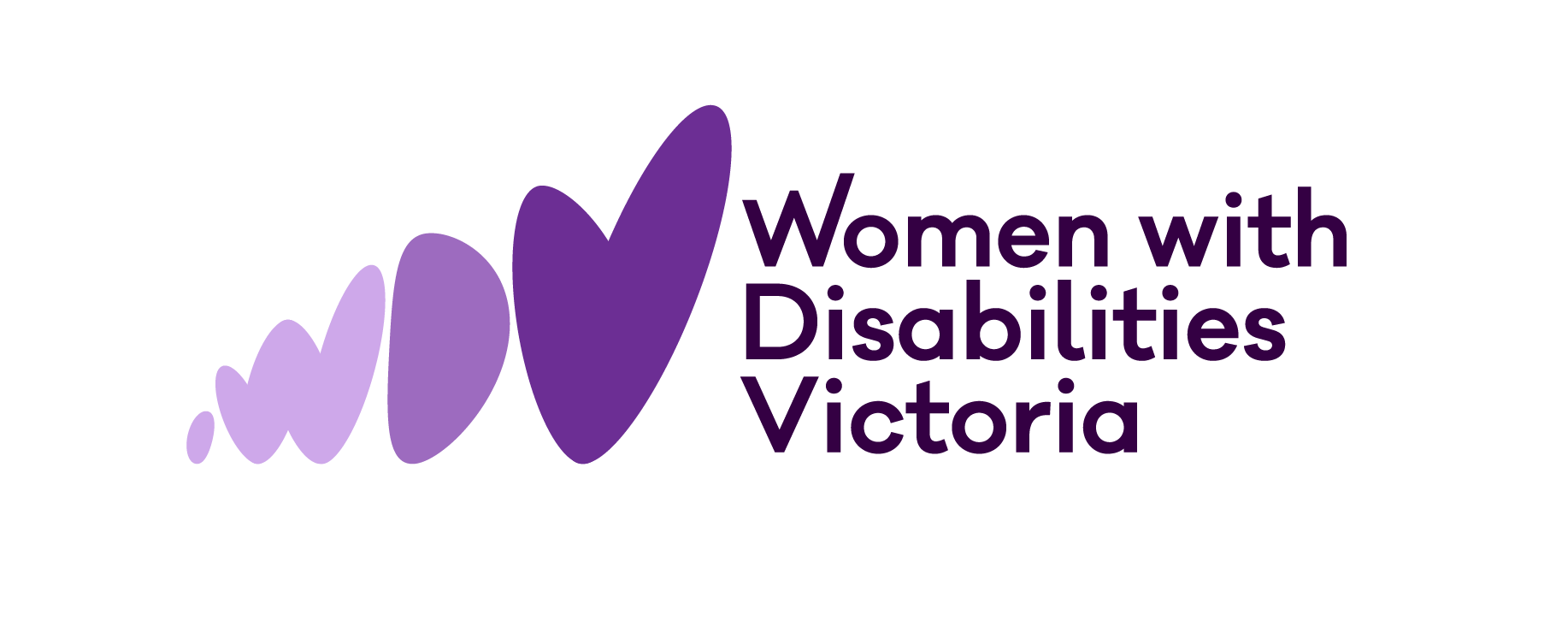Why do I need to be married with kids?
February 14th is normally known as Valentine’s Day. However, an alternative version of this – Galentine’s day, is recognised on February 13th. Galentine’s day is named in honour of ‘gal pals’ and is about celebrating female friendship.
In ‘Why do I need to be married with kids? Breaking down the taboos of being a single and childfree woman.’ WDV Expert by experience member, Julie Dickson, explores commonly held ideas about the need for women to be married with kids, and why she is saying No to these expectations.
You can read it here:
Community Inclusion and Women’s Empowerment Team – A Year in Review
Read the full magazine here:
Valuing Lived Expertise Can Improve Healthcare Access for Women with Disabilities
Women with disabilities face significant challenges in accessing healthcare due to the intersection of ableism and gender discrimination. This article by By Dr Parimala Srikanteshwara and Helen Freris explores the Experts in Our Health project, whose goal was to improve healthcare access by valuing the lived experiences of women with disabilities.

WDV Annual General Meeting 2024
The Board and staff of Women with Disabilities Victoria are delighted to invite you to our Annual General Meeting on Tuesday 12 November 2024 at 1:30pm to share with you our progress from the 2023-24 financial year. Save the date!
This year’s AGM will be held online, find out more, register to attend and apply here.

Shaping Foundational Supports: Your Voice Matters
Shaping Foundational Supports: Your Voice Matters
The Australian Government is exploring a new system of disability supports called “Foundational Supports”.
These supports will be available outside the NDIS, and they aim to fill the gaps in existing services for people who may not be eligible for the NDIS.
Why Foundational Supports Matter
Foundational supports are vital because they ensure that everyone in the disability community has access to the help they need.
Support will cover essential areas like:
- Daily Living: Assistance with everyday tasks and activities.
- Community Access: Support to participate fully in your community.
- Skill Development: Opportunities to learn and grow.
Take Our Survey
Please take a few minutes to complete our short survey and tell us what kind of foundational supports would make a real difference in your life.
Your feedback will directly inform our advocacy efforts and help us ensure that these new supports truly meet the needs of our community.

WWDA, WWDACT and WDV: Joint statement on Government’s response to the Disability Royal Commission
Women With Disabilities Australia, Women With Disabilities ACT and Women With Disabilities Victoria: Joint statement on Government’s response to the Disability Royal Commission
Women With Disabilities Australia, Women With Disabilities ACT and Women With Disabilities Victoria are deeply disappointed by the Government’s response to the Disability Royal Commission, released this week.
We are concerned that only 13 recommendations of 222 have been fully accepted, with many critical recommendations yet to be resolved across different levels of government.
Read the full statement here: Full Statement
